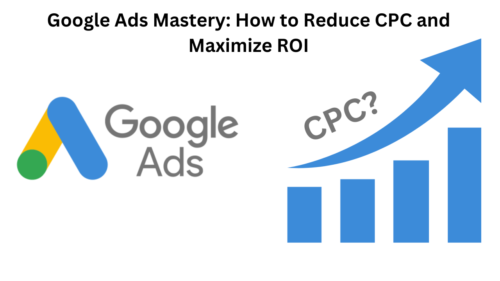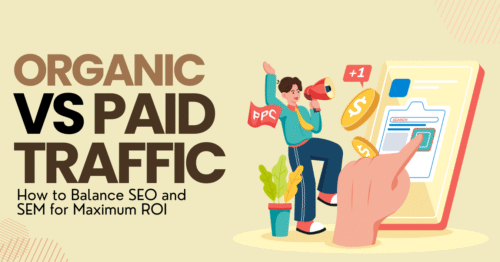In the fast-moving digital world, customers expect instant answers, personalized solutions, and smooth experiences—24/7. Businesses that can’t keep up risk losing customers to competitors who can. Enter AI chatbots with insight analytics—a powerful combination that’s rewriting the rules of customer engagement in 2025.
Think of it as giving your customer service a brain upgrade—not only can your chatbot respond instantly, but it also learns from every interaction, understands customer intent better, and predicts what they might need next.
Let’s break down how this game-changing duo is making waves.
1. Personalization at Scale
Traditional chatbots often felt… robotic. They could answer basic FAQs, but complex or personalized requests? Not so much.
Now, thanks to insight analytics, AI chatbots can:
Track customer purchase history
Analyze browsing patterns
Understand sentiment through language cues
For example, if a customer frequently buys skincare products, the chatbot might recommend a new product based on their past preferences—just like a human salesperson would.
2. Real-Time Data for Better Conversations
Insight analytics works like a secret dashboard for your chatbot. It’s constantly processing data from:
Customer interactions
Social media mentions
Feedback forms
Past sales records
This allows the chatbot to tailor responses in real time. So instead of saying, “We have a sale,” it can say, “We have a 20% discount on the exact moisturizer you purchased last month.” That level of relevance builds trust and loyalty.
3. Faster Response Times Without Losing Quality
Speed matters. Customers today won’t wait more than a few seconds for a reply. AI chatbots with analytics can handle thousands of conversations at once—without compromising the quality of interaction.
💡 Fun Fact: Businesses using advanced AI chatbots have reported up to a 70% reduction in average response time while keeping satisfaction scores high.
4. Predicting Customer Needs Before They Ask
One of the most powerful aspects of insight analytics is predictive capability. By analyzing past behaviors, the chatbot can forecast future actions.
Imagine this:
A customer’s subscription is about to expire.
The chatbot sends them a renewal offer before they even think about it.
Or, based on seasonal buying trends, it recommends products they’re likely to purchase soon.
It’s like having a personal shopping assistant—available around the clock.
5. Data-Driven Decision Making for Businesses
It’s not just the customers who benefit. Businesses can use chatbot analytics to:
Identify frequently asked questions
Spot patterns in complaints
Track which promotions drive the most sales
Understand customer sentiment trends
This goldmine of data can guide marketing campaigns, product development, and overall business strategy.
📊 Quick Comparison: Traditional Chatbots vs AI Chatbots with Insight Analytics
| Feature | Traditional Chatbots | AI Chatbots with Insight Analytics |
|---|---|---|
| Personalization | Limited | Highly personalized |
| Response Time | Fast | Instant & data-driven |
| Customer Understanding | Basic | Deep (sentiment + behavior analysis) |
| Predictive Suggestions | No | Yes |
| Business Insights | Minimal | Comprehensive analytics dashboard |
6. Integrating Across Channels
Modern AI chatbots are omnichannel. They integrate with:
Websites
Social media platforms
Mobile apps
Email marketing tools
This means a customer can start a conversation on Instagram, continue it on your website, and finish it in your app—without repeating themselves.
7. The Human Touch—Still Important
Here’s the thing: AI chatbots don’t replace humans entirely. Instead, they handle repetitive, time-consuming queries so human agents can focus on complex, high-value interactions. It’s the perfect balance between automation and empathy.
Final Thoughts
AI chatbots with insight analytics are no longer “nice-to-have” tools—they’re becoming a must-have for any business that wants to keep customers happy and engaged. They deliver speed, personalization, and predictive power while giving companies valuable insights to refine their strategies.
In 2025, businesses that adopt this tech are likely to see higher retention, stronger brand loyalty, and improved sales. Those that don’t? Well… their customers might just start chatting with the competition.
Follow Us | Our Services | Contact Us | Linkedin | Instagram







